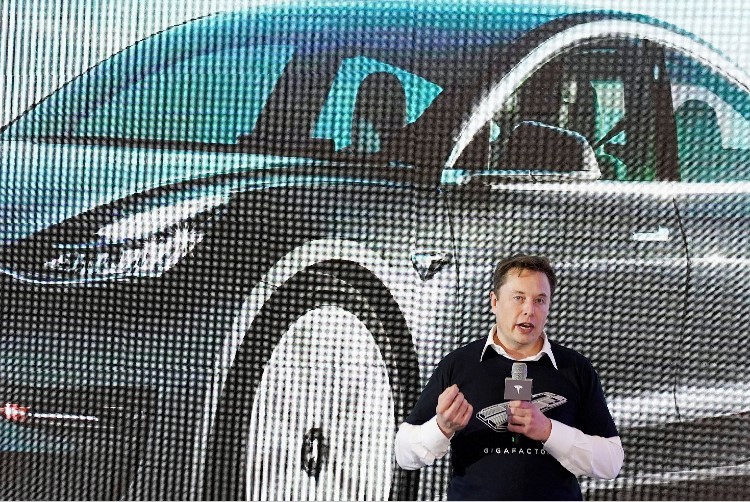Will there be a new technology that will push the music industry to its limit in the future? A venture capitalist and billionaire may have predicted Elon Musk's Neuralink in 2019. He believed that people "won't be listening to music 10 years from now." What does this mean?
Is Neuralink predicted in 2019 to bring music into our ears?

Billionaire Vinod Khosla, the venture capitalist who co-founded Sun Microsystems, has a prediction in 10 years from last year.
In 2019, Tech Crunch reported that he believed the artificial intelligence will be conquering the music industry in the future. In fact, mind-reading AI will be the one predicted to choose the type of music of each human.
In layman's term, AI machines would pose a threat to real-life musicians and singers that are predicted to be removed once this technology succeeds in its plan.
"I actually think 10 years from now, you won't be listening to music," as predicted by Khosla.
To top it off, Khosla also guessed that in the future, humans will turn their surroundings into their own musical shows. The AI technology will set the mood depending on what kind of emotions are the humans experiencing at the actual time.
Just like Elon Musk's Neuralink

In July, Tech Times reported that Elon Musk's Neuralink brain chip allows humans to put music inside the human brain. This means that anyone can hear a melody in their head, even without a smartphone or external device.
Through the brain chip implant, the Neuralink billionaire said that the humans can "listen to music directly from our chips." Just like the human's real-life version of the Spotify app inside the brain.
Maybe this is the start of Khosla's prediction. After all, Musk designs his brain chip to be associated with AI that makes it possible in the first place.
The American Tech Company founded by Musk was also tasked to create a brain chip that is capable of controlling a human's emotion and mood by emitting waves that are beyond the usual or natural frequency and amplitude.
Just like how Khosla said about the 'musical bubbles' that humans will create in their head once the future arrives.
Here's a warning, though. Dr. Sasitharan Balasubramaniam, Director of Research from the Waterford Institute of Technology's Telecommunication Software and Systems Group (TSSG), said that Neuralink's brain chip could cause damage inside the human brain.
"What type of damage will [an attack] do to the brain, will it erase your skills or disrupt your skills? What are the consequences - would they come in the form of just new information put into the brain, or would it even go down to the level of damaging neurons that then leads to a rewiring process within the brain that then disrupts your thinking," said her.
ALSO READ: Elon Musk's 'Terrifying' MINI Brain Chip Cures Depression and Addiction?
This article is owned by Tech Times
Written by Jamie Pancho
ⓒ 2025 TECHTIMES.com All rights reserved. Do not reproduce without permission.




